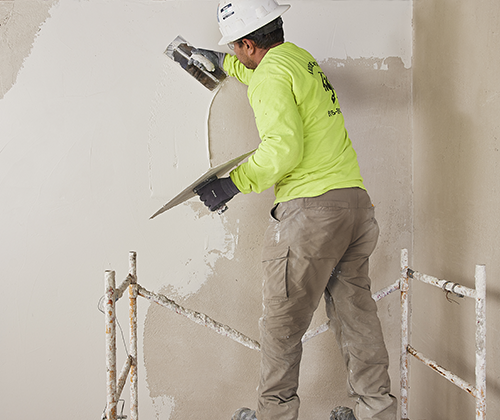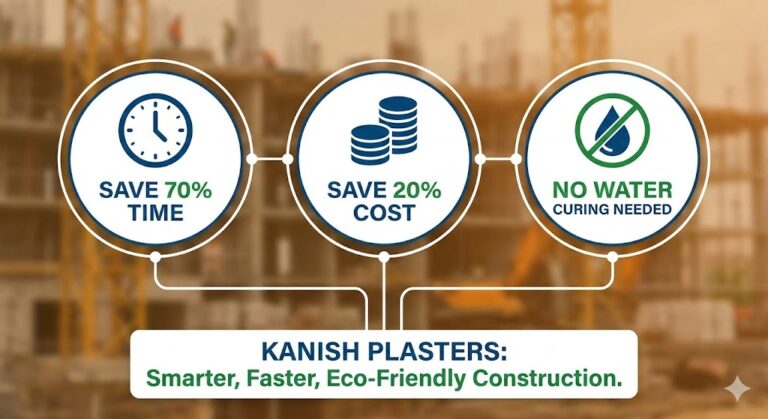Gypsum plaster is a popular choice for interior wall and ceiling finishes due to its versatility and durability. If you are considering using gypsum plaster for your project, it’s important to understand the factors that influence its pricing. In this article, we will delve into the various aspects that contribute to the price of a 25kg bag of gypsum plaster.
Quality and Brand
One of the primary factors that affect the price of gypsum plaster is the quality and brand. Different manufacturers offer gypsum plasters with varying levels of quality and performance. Established brands with a reputation for excellence may charge a premium for their products, while lesser-known brands or generic options may be more affordable. It’s important to consider the specific requirements of your project and choose a gypsum plaster that meets your needs without compromising on quality.
Quantity and Packaging
The quantity and packaging of gypsum plaster can also impact its price. A 25kg bag is a common size available in the market, but you may find variations in the packaging, such as different types of bags or containers. Additionally, some suppliers may offer bulk discounts for larger quantities. It’s advisable to compare prices from different suppliers and consider the packaging options that best suit your requirements.
Market Demand and Supply
Like any other product, the price of gypsum plaster is influenced by market demand and supply dynamics. If there is high demand for gypsum plaster, especially during peak construction seasons, the prices may be higher due to increased competition among suppliers. Conversely, during periods of low demand or when there is an oversupply in the market, prices may be more competitive. It’s important to keep an eye on market trends and fluctuations to make an informed decision about the timing of your purchase.
Transportation and Logistics
The cost of transportation and logistics also plays a role in determining the price of gypsum plaster. If the supplier needs to transport the product over long distances or if there are additional logistics involved, such as export/import fees or customs duties, these costs may be passed on to the consumer. It’s worth considering local suppliers or those with efficient distribution networks to potentially reduce transportation costs.
Additional Services and Support
Some suppliers may offer additional services or support, such as technical assistance or after-sales service, which can influence the overall price. These value-added services can be beneficial, especially for first-time users or complex projects. However, it’s essential to evaluate the cost-benefit ratio and determine if these services are necessary for your specific requirements.
Conclusion
When considering the price of a 25kg bag of gypsum plaster, it’s crucial to take into account factors such as quality, brand, quantity, packaging, market dynamics, transportation, and additional services. By understanding these variables, you can make an informed decision and choose a gypsum plaster that meets your project needs while staying within your budget. Remember to compare prices from multiple suppliers and consider the overall value rather than solely focusing on the initial cost. With careful consideration, you can find the right gypsum plaster at a competitive price for your construction or renovation project.


